Did you know that breast cancer will impact one-in-eight women in their lifetime?
Since October is Breast Cancer Awareness Month many women like myself, under the age of 40, are reckoning with the top risks for breast cancer as more and more of us are being diagnosed after living without proper screening guidelines.
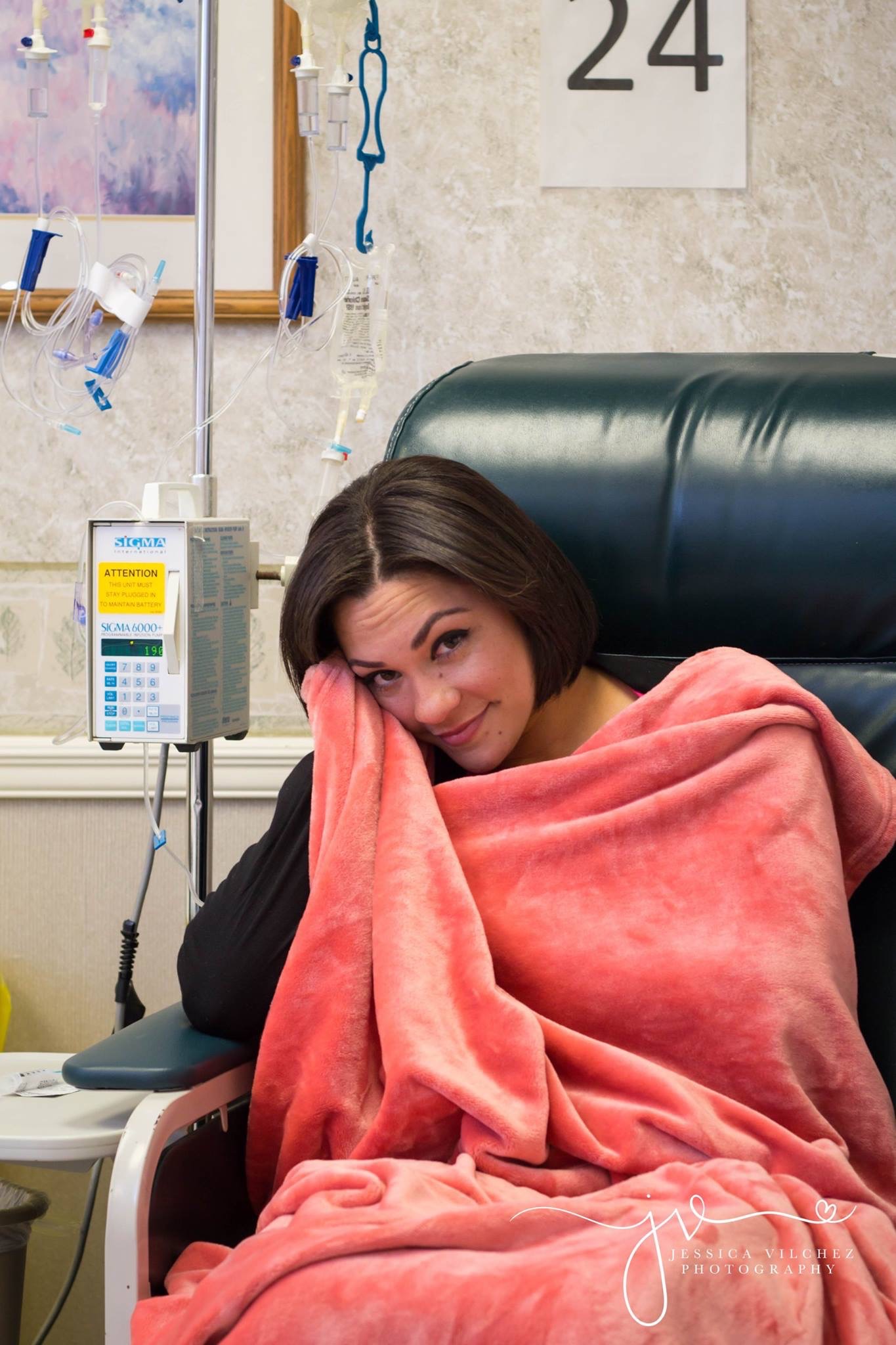
I am one-in-eight.
My story is like so many others. I was diagnosed with breast cancer at the age of 26. Under-resourced in knowing what to look for and what to feel for at the time, I pushed all the signs away to continue with my everyday life, not realizing I had to seek a doctor. By the time I did, I had 11 tumors dispersed throughout the right side of my chest and over 14 lymph-nodes under my right arm.
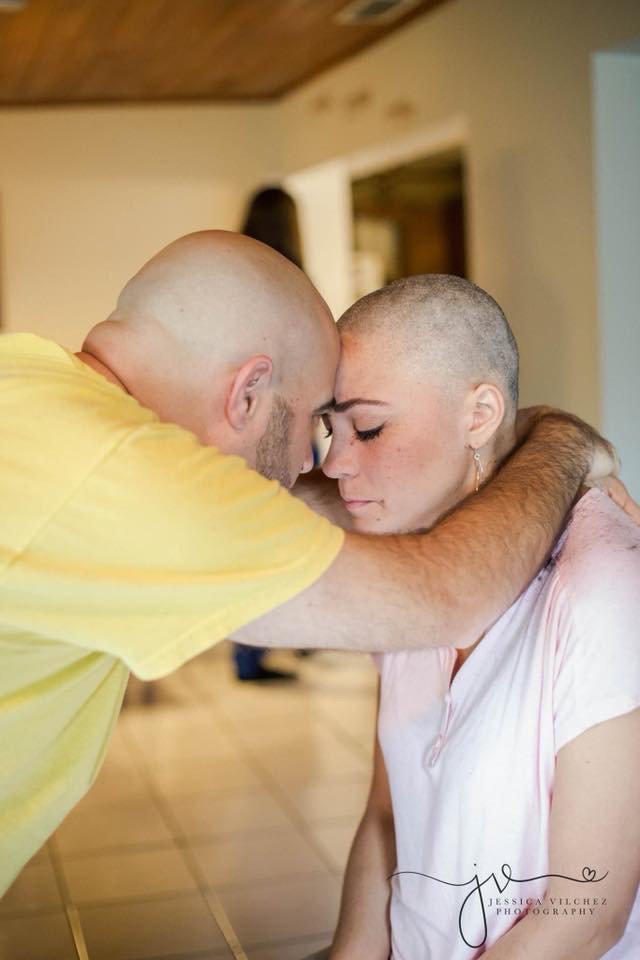
Cancer was ravaging my body. To make matters worse, my cancer had already metastasized to my bones. Since I was breastfeeding my newborn, I thought the lumps were normal. I reasoned it was a blocked milk duct or even normal engorgement. However, on April 27th, 2016 I was told the news of my stage-four breast cancer and given a survival rate of less than seven-percent.
It all happened so fast. I couldn’t stop thinking of what would’ve happened if I would’ve known what to look for and how to prevent this terrible disease. Today pink socks, ribbons, and commercials help awareness. Yet they still don’t answer some of the major questions most women have been asking. For this reason I’ve made it my responsibility, as a five-year cancer survivor, to not only raise awareness but to also make sure you never have to doubt or be placed in the same situation I found myself in, too late.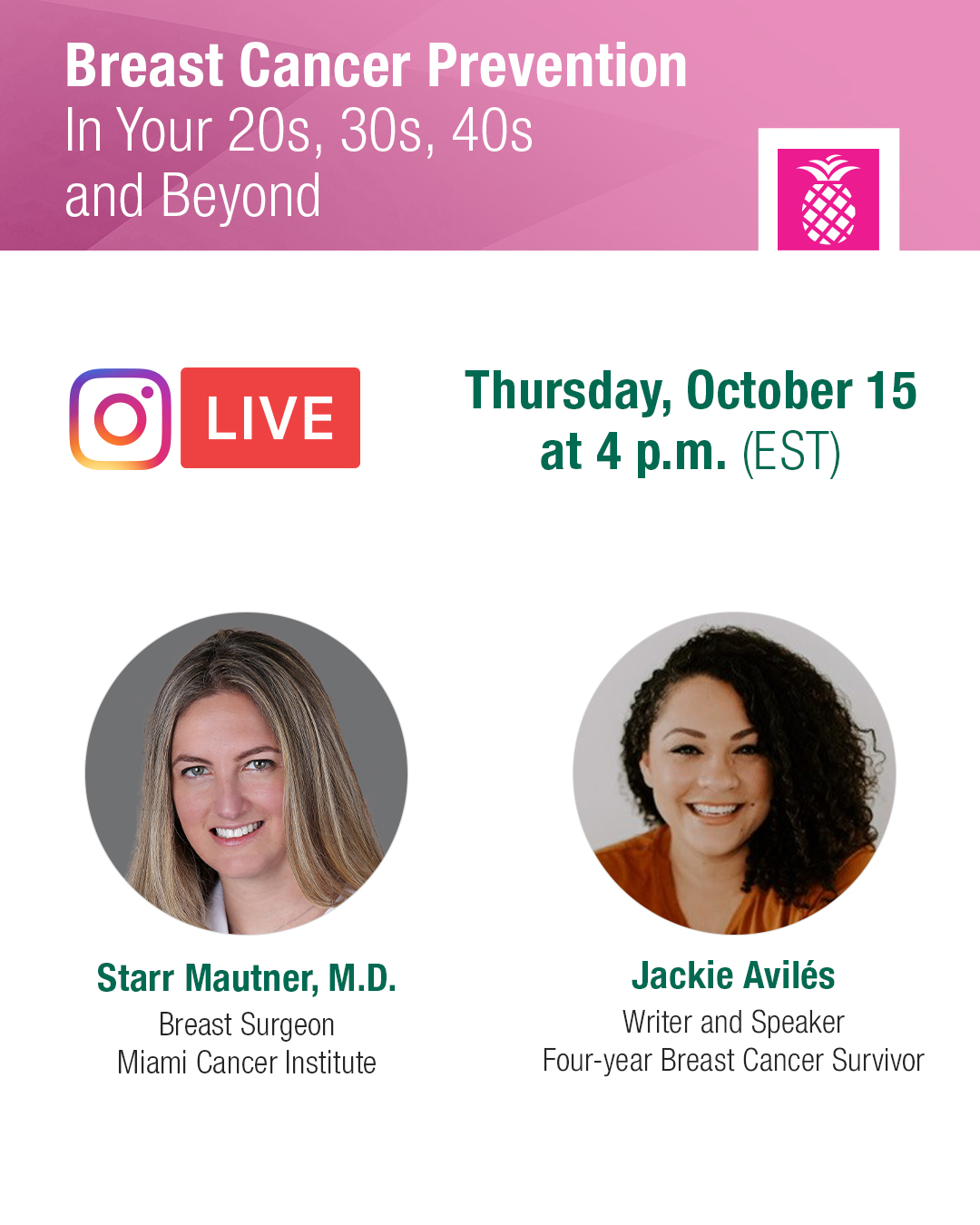
Getting Answers with Baptist Health & Miami Cancer Institute
I recently sought out the answers to these questions in an Instagram Live interview with Dr. Starr Mautner from the Miami Cancer Institute. Watch the full interview here.
Early Detection in Your 20’s & 30’s
According to Doctor Starr Mautner, from the Miami Cancer Institute, the importance of early detection is key. Are you a woman in your 20’s or 30’s? Start with a clinical breast exam and self breast exams specifically because you will most likely not be undergoing an annual mammogram. If you feel something you can’t ignore it! If you are in this age group the earliest way for breast cancer to be caught would be for you to feel it. (Check out the video for some tips on how to perform a self exam, and what to look for when it comes to being proactive).
Early Detection in Your 40’s
If you are a woman in your 40’s this is the prime-time to begin scheduling annual mammogram screening appointments. Data shows that the breast cancer risk rises in this age group by one-in-sixty. Due to breast density you may have to have additional views that help see through the breast density. The ultrasound can supplement the mammogram in this case.
Breast Cancer Risk Factors
The biggest risk factor of getting breast cancer is being a women and getting older. Other factors are family history or genetic mutation. Family history of breast cancer automatically puts you at a higher risk compared to the general population. Genetic mutation prognosis (BRACA gene) can be determined by specific genetic testing.
Are You at Higher Risk for Breast Cancer?
Check out assessyourrisk.org to learn if you are at a higher risk for breast cancer. You will be asked a series of questions regarding your age, family history, and personal history. This test will give you a calculated risk estimate of what your lifetime risk for breast cancer is but also give you a list of what type of screening tools you potentially would want to use for that elevated risk if you have one. We consider someone to be at elevated risk if your lifetime risk is 20 percent or higher.
It is crucial to know that several things can increase your risk of breast cancer. One such thing that Dr. Mautner speaks about in the interview is alcohol intake. If you drink alcohol on a daily basis you are substantially increasing your risk of breast cancer by more than 20%. The good news is that this is one easy and controllable thing that we can cut out. Cut down that alcohol intake to 1 drink a week and you will improve your breast health and overall health in general.
Early Detection is Key: Schedule Your Mammogram Today!
The main message with any cancer is early detection. When breast cancer is detected early and at a localized stage, the survival rate is 98%! In the height of COVID-19, we can’t put our health on hold.
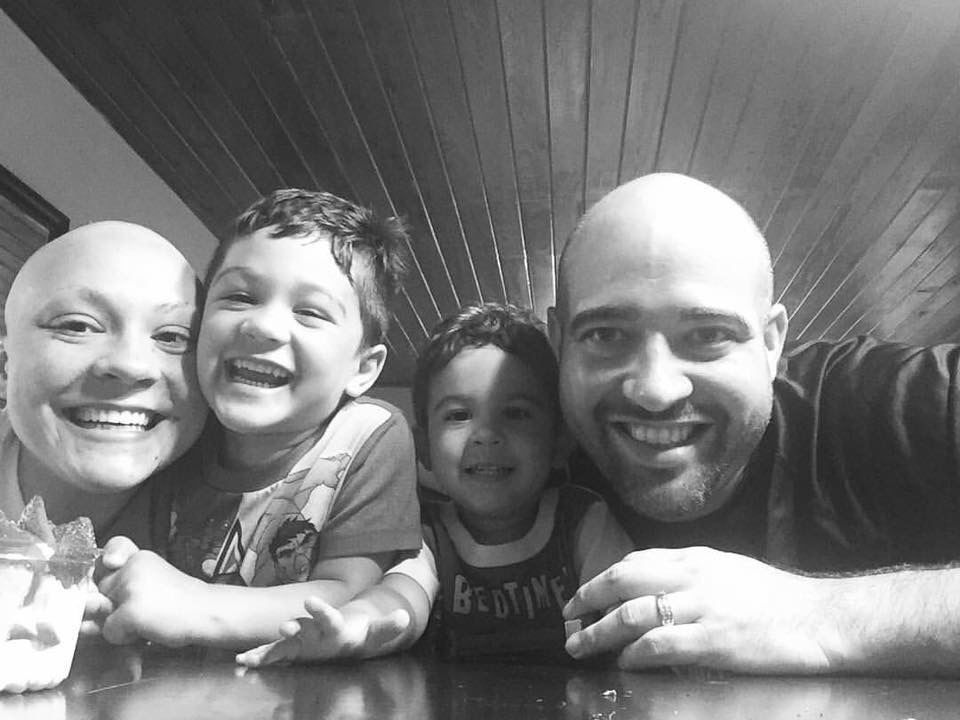 During the month of October, Baptist Health is offering discounted mammograms for uninsured patients. To learn more visit their website.
During the month of October, Baptist Health is offering discounted mammograms for uninsured patients. To learn more visit their website.
As a cancer survivor, I encourage you: do not delay care! Get your screenings today!
“I try to reassure patients that we know how to treat this disease. This is a common cancer in women. there is so much resource and funding that has gone into cancer treatments and breast cancer overall care. Many women have come out of this with inspirational stories. i believe you too can come out of this stronger and become a different, better version of yourself. This is not a death sentence.” – Starr Mautner, MD
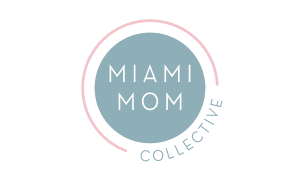



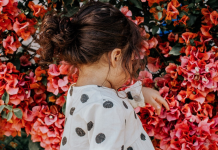
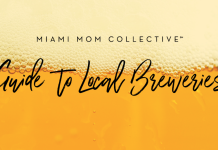




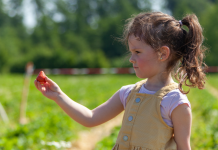






Thank you for being brave enough to share your story — it could save lives!
Thank you for being so kind, friend. In this together!
Comments are closed.